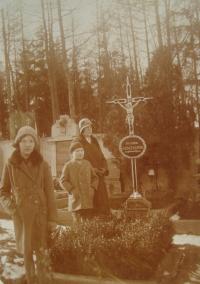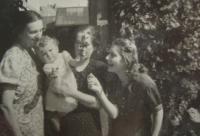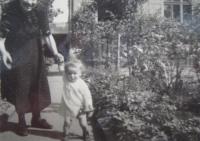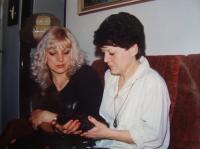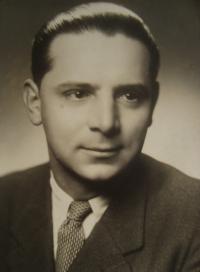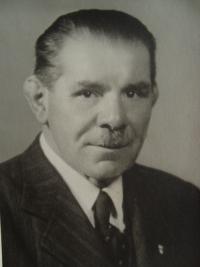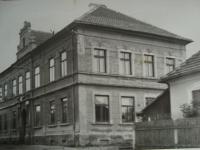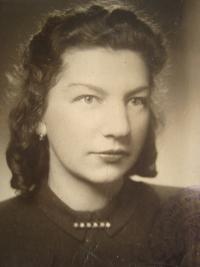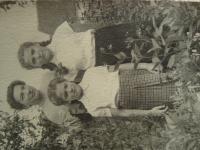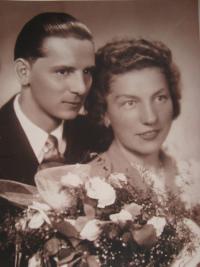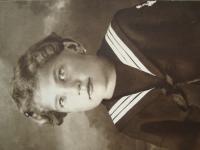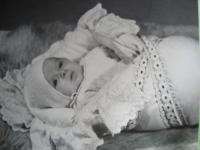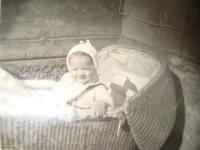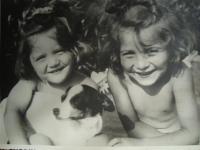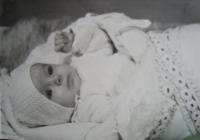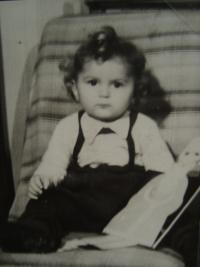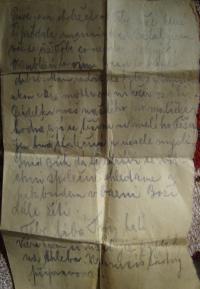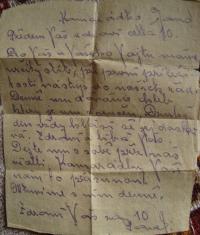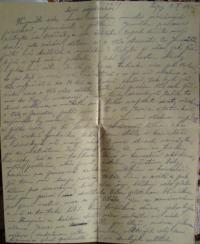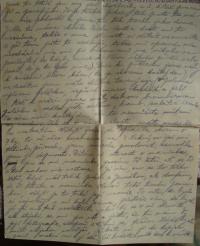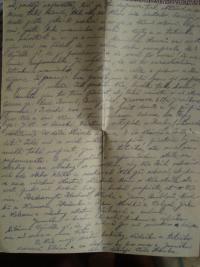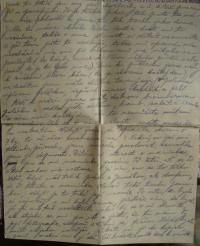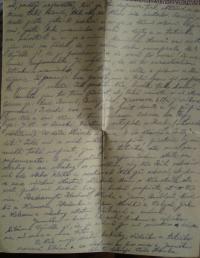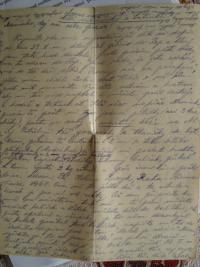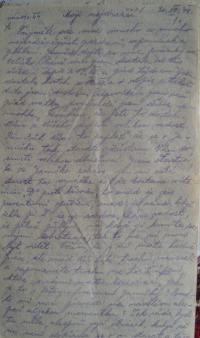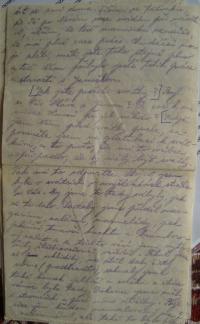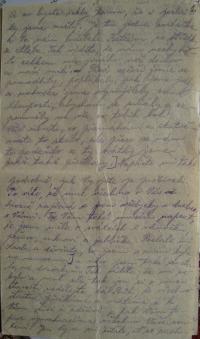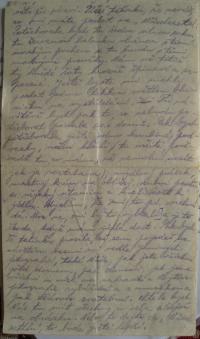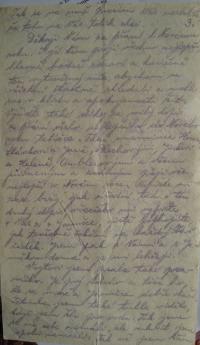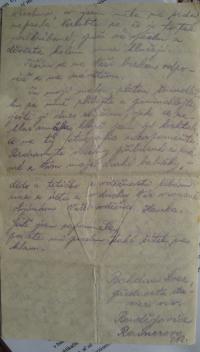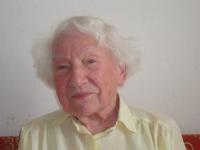You still see people around you who love you. That’s what I call true luck.

Stáhnout obrázek
Jana Honsová, née Švecová, was born on July 22, 1918, in Volyně in the south of Bohemia. Her father – a legionnaire from WWI – volunteered for service with the railways in Slovakia and thus the whole family travelled to the eastern part of the newly created state. Jana Švecová spent her first school year in Vyšná Radvaň and that’s also where she witnessed the clashes with the troops of the Hungarian Soviet Republic. Later, the family moved to České Budějovice, where little Jana attended elementary school and subsequently a school for future teachers. She started teaching before the outbreak of WWII but since she refused to teach Czech kids German, she and her husband were assigned to forced labor in the Leichtbau factory. On March 8, 1944, she, her husband and other colleagues from the factory were arrested and taken to prison in České Budějovice. At that time she had been already pregnant for three months. In May 1944, she was taken to the Pankrác prison and on August 27, 1944, she gave birth to her child in the Pankrác prison. In prison, she worked as a “gonkařka” – basically being responsible for cleaning up the prison corridors. She continued to do this work even after the birth of her child and after she was transferred to Řepy. In February 1945, she was taken back to Prague and presented with her sentence before court – for having listened to foreign broadcasting and for her hostility towards the Reich (the refusal to teach Czech kids German) she was sentenced to one year in prison. She was given away by one of her former students, Jaroslav P., who was being held imprisoned in the Sachsenhausen concentration camp and who apparently under pressure chose to collaborate with the Gestapo as an informer. As Jana Honsová had already spent a year in prison at that point, she was released after the trial on February 10/11, 1945. Her husband and father-in-law fared worse than her. They were sentenced to three years in prison and were supposed to be taken to the prison in Aichach. However, because of the allied bombardment of Germany, they were taken to Theresienstadt. Both of them lived to see the end of the war. Nevertheless, her father-in-law contracted typhoid fever in Theresienstadt and died shortly after his release. After the war, Jana Honsová worked as a teacher in Sedlec and in České Budějovice. In 2010, Jana Honsová lived in České Budějovice.
